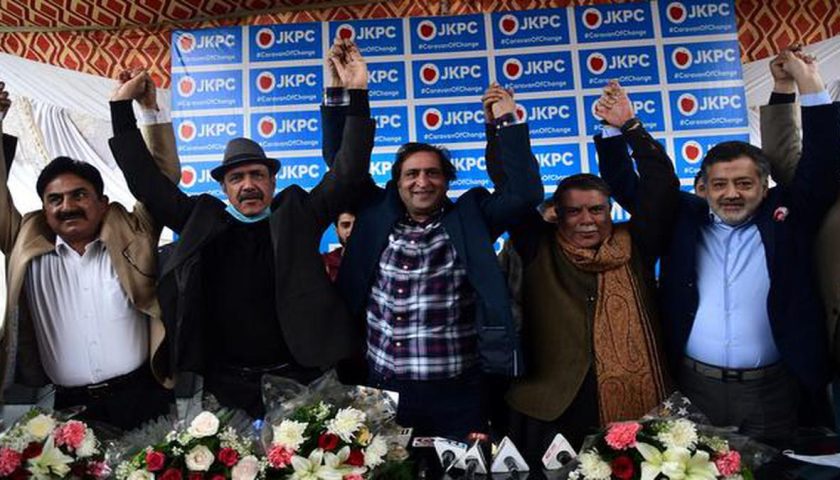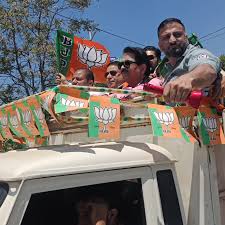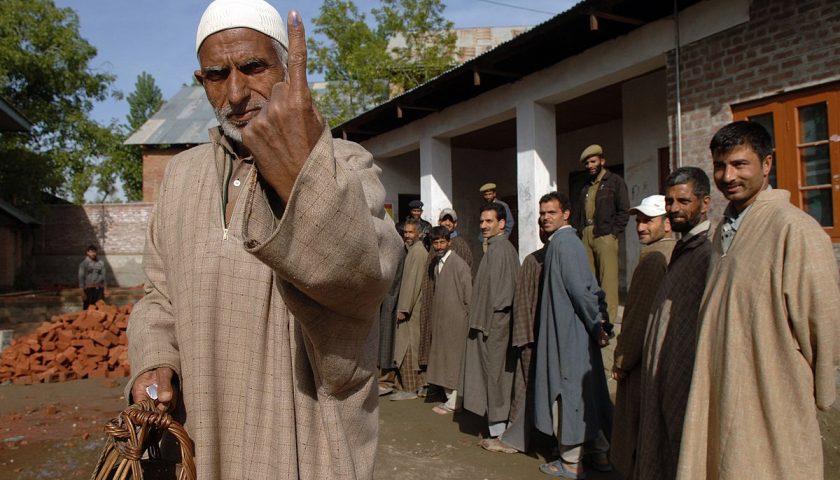A month after a five-judge Constitution Bench led by CJI DY Chandrachud upheld the Centre’s decision to abrogate provisions of Article 370 of the Constitution that gave special status to the erstwhile state of Jammu and Kashmir, several petitioners filed petitions in the Supreme Court seeking review of the December 11, 2023 historic verdict.
In a unanimous verdict, a five-judge Constitution Bench led by CJI DY Chandrachud had ruled that Article 370 of the Constitution was a temporary provision and the President had the power to abrogate the provision which was an interim arrangement due to war conditions in the state. It had also directed the Election Commission to hold elections in the Union Territory of Jammu and Kashmir without waiting for restoration of statehood by September 30, 2024.
Petitioners Jammu and Kashmir High Court Bar Association, Awami National Conference, Muzaffar Iqbal Khan and Jammu and Kashmir People’s Movement contended that the Constitution Bench reached “erroneous conclusions”.
The petition said the verdict erroneously concluded that the erstwhile state of Jammu and Kashmir lost its sovereignty after Maharaja Hari Singh signed the Instrument of Accession (IOA) in 1947. “It is submitted that the conclusion suffers from an error apparent on the face of records. The mere execution of IOA, without anything more, does not result in loss of total sovereignty,” it said.
“The view of the court that Article 370 was declared to be temporary because of the conditions in the state, otherwise the state had fully integrated with the Union, is a finding, with respect, unsustainable… The view taken by the court therefore is clearly unsustainable and qualifies as an error apparent on face of record,” the review petitioners contended.
Review petitions are generally heard “in chamber” by the same judges who decided the case — and not in an open court — by a procedure called “hearing by circulation” where advocates representing the parties are not allowed to argue. But in exceptional cases, the top court allows open court hearing, if convinced about its need.
Srinagar: CPM leader Mohammed Yousuf Tarigami told The Tribune about his intention to file a review petition on Thursday. “I am filing the review petition tomorrow as we believe we have strong grounds for the review,” Tarigami said.






